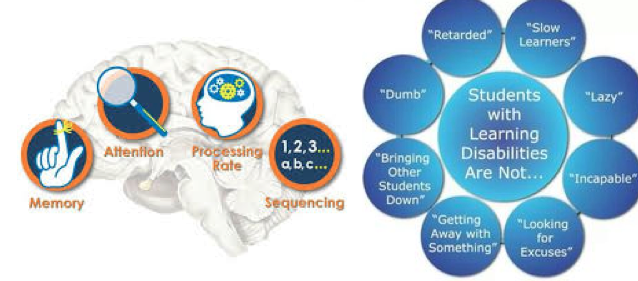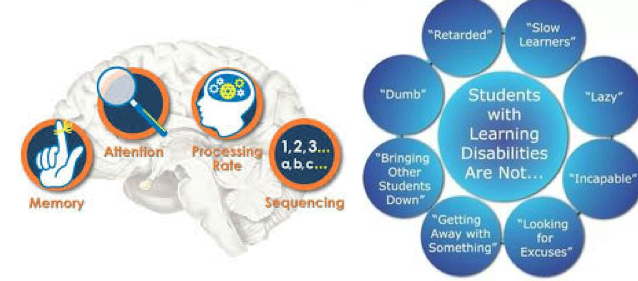(844) 5-SPEECH

What is a language-based learning disability?
January 9, 2016
Language-based learning disabilities are deficits with age- appropriate reading, spelling, and/or writing. This disorder is not about how smart a person is. Most individuals diagnosed with learning disabilities have average to superior intelligence.
Signs of a language learning disability:
Difficulties with…..
- Expressing ideas clearly, as if the words needed are on the tip of the tongue but won’t come out. What the child says can be vague and difficult to understand (e.g., using unspecific vocabulary, such as “thing” or “stuff” to replace words that cannot be remembered). Filler words like “um” may be used to take up time while the child tries to remember a word.
- Learning new vocabulary that the child hears (e.g., taught in lectures/lessons) and/or sees (e.g., in books). This includes problems with new word acquisition, storage and organization of known words, and lexical access/retrieval.
- Understanding questions and following directions that are heard and/or read
- Recalling numbers in sequence (e.g., telephone numbers and addresses)
- Understanding and retaining the details of a story’s plot or a classroom lecture
- Reading and comprehending material
- Learning words to songs and rhymes
- Telling left from right, making it hard to read and write since both skills require this directionality
- Letters and numbers
- Learning the alphabet
- Identifying the sounds that correspond to letters, making learning to read difficult
- Mixing up the order of letters in words while writing
- Mixing up the order of numbers that are a part of math calculations
- Spelling
- Memorizing the times tables
- Telling time
- Social communication which include problems with social interaction and social cognition.
What treatments are available for individuals with a language-based learning disability?
- Individualized programs always relate to the Common Core Learning Standards. Therefore, materials for treatment are taken from or are directly related to content from classes (e.g., textbooks for reading activities, assigned papers for writing activities, practice of oral reports for English class). The student is taught to apply newly learned language strategies to classroom activities and assignments.
- Speech-Language Pathologists specialize in intervention with spoken language (speaking and listening), which can also be designed to support the development of written language. For example, after listening to a story, the student may be asked to state and write answers to questions. He or she may be asked to give a verbal and then a written summary of the story.
- Speech-Language Pathologists will also target the specific aspects of reading and writing that the student is struggling with. For example, if the student is able to read words but is unable to understand the details of what has been read, comprehension is addressed. If a younger student has difficulty distinguishing the different sounds that make up words, treatment will focus on activities that support growth in this skill area (rhyming, tapping out syllables, etc.).
Alexis Granger M.A. CF-SLP TSSLD
Recent News

Did What You Hear Make Sense?
March 3, 2025

The Importance of Early Intervention
January 27, 2025

How Parents Can Support Everyday Language Building
January 20, 2025

The Benefits of Support Groups for Adolescents Who Stutter
January 13, 2025

3 Common Misconceptions About Autism Spectrum Disorder (ASD)
January 6, 2025

What are Core Words?
December 30, 2024

